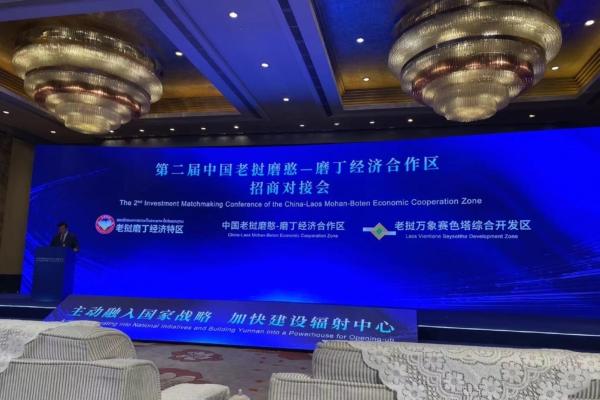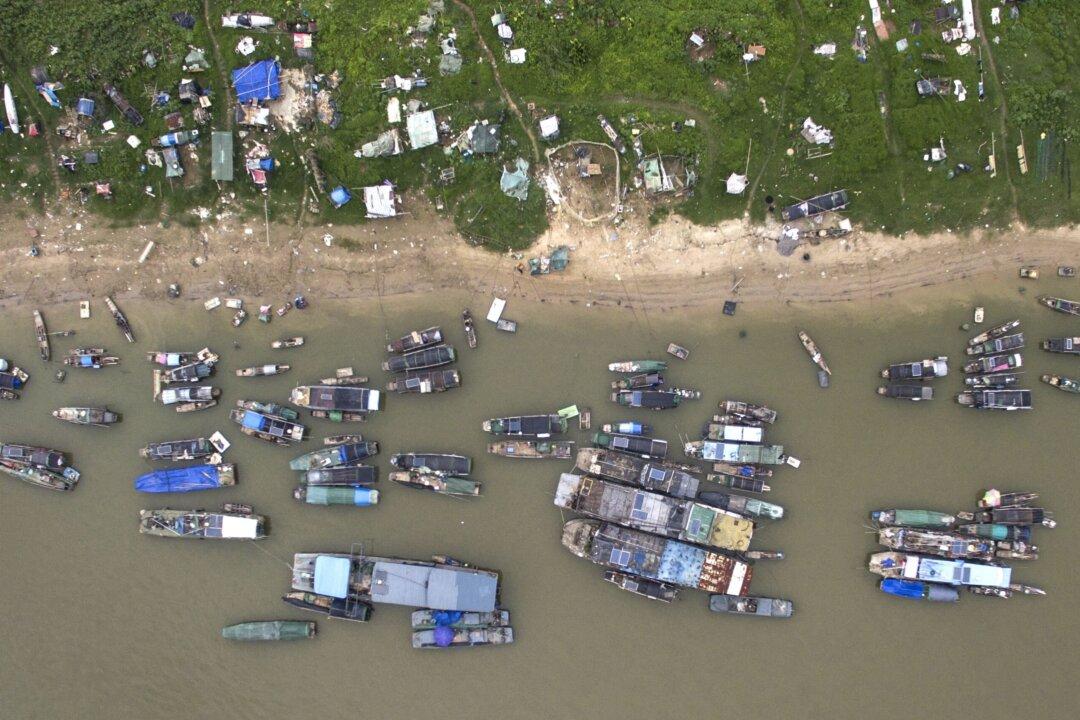Ai Fen, a chief doctor at the Emergency Department of Wuhan Central Hospital, has recently posted online allegations of bribery against a Chinese eye hospital.
Ai was among the first to alert colleagues about the new COVID-19 disease that was spreading in Wuhan in late 2019. She has received attention again for her bravery in speaking up again against bribery of a large medical group in China.




